The content of the article
Diarrhea in kittens happens quite often. Sometimes the reasons are harmless, and sometimes you can not do without a visit to the vet. How to understand the causes of the disorder and help the cat with diarrhea at home - consider below.
Getting into a new house, the kitten is completely under your responsibility. The young animal has not developed immunity and eating habits. The task of the owners is to provide the animal with comfort, safety and proper diet. It is you who, at first, should see what your pet eats, and whether the food offered to it digests well. If you notice that your cat is unwell, try to identify the causes of poor health and provide the necessary assistance to your pet.
How to identify the cause of diarrhea in a cat?
If the cat began to go to the tray often, leave an unpleasant smell or get dirty in the house, pay attention to his health. Characteristic signs of diarrhea can be:
- loose stools with a pungent odor and an unusual color: yellow, dark, with mucus;
- rapid defecation;
- high temperature;
- swollen tummy;
- lethargy, refusal to eat.
Sometimes diarrhea is accompanied by other unpleasant symptoms: vomiting, tearing or runny nose, strange behavior. If your pet began to walk “in a big way” with a liquid chair and behaves unusually, carefully test its abdomen. Consider that the kitten ate or drank, if he could swallow something inedible, if someone or other pets had offended him.
If the cat has diarrhea, this may be several reasons:
- overeating or changing the usual diet;
- poisoning or allergies;
- infection;
- worm infestation;
- stress.
Natural causes of diarrhea in a domestic kitten
There is diarrhea and the transition from finished food to home or vice versa, during the testing of new feeding options or the use of drugs. The animal body just needs to be given time to adapt. Also in the diet of the animal may lack some components, for example, protein, when vegetable food predominates. In such cases, the stool may become liquid or loose, and the defecation becomes more frequent. It is necessary to give a pet of activated carbon at the rate of 1 tablet per 10 kg of weight and to reconsider the composition of its feed by adding meat and milk.
When changing the situation, the animals are nervous, it can also trigger intestinal upset. Even adult individuals are worried about moving, new members of the family, guests, other pets, or even during simple cleaning. An inexperienced baby kitten can get scared and get dirty.This happens involuntarily and passes quickly.
In such cases, no specific assistance is required. Reassure the animal, gently pick it up, caress it, make it clear that it is safe. Put the usual things - toys, a feeding trough on a new place or bring a new friend closer to the cat used. Do not feed the kitten until the nervous peristalsis calms down.
Attention! In no case do not punish the cat if it is stuffed with a liquid chair. Even if he was already accustomed to the tray. Most likely, the animal feels bad and needs care and help.
When does a kitten need help with diarrhea?
Sometimes the cause of intestinal upset in a cat is worms. Be sure to spend prophylaxis, watch the food kitten. Diarrhea in a baby can even cause the milk of a mother who is infected with parasites.
Cats, like other animals, are allergic to certain types of food. If you have not once noticed that the pet feels bad after eating some kind of food - exclude this product from its diet.
Much more serious is the situation with poisoning. If the kitten began to wear, he has a fever, weakness, eyes or nose ooze - remember what he was eating lately.If the animal has swallowed something inedible and dangerous - take it to the veterinarian without delay, most likely that you will need washing.
Eating spoiled or poisoned food can cause intoxication. In such cases, it is necessary to remove the poison from the body. What can be done at home? Give the kitten a safe sorbent. This may be activated carbon, Smecta or Enterosgel. Do not use other medicines without consulting a doctor.
When a small, fragile kitten or domestic cat gets into the field environment, their body becomes unsuitable for external dangers, unlike street animals that have developed natural immunity. Unfortunately, cats are subject to some diseases: distemper, calicivirosis and others. Therefore, it is necessary to carry out anti-infective prophylaxis and vaccination.
Attention! Do not treat your pet with antibiotics and other drugs without being examined and prescribed by a veterinarian. When observing the animal long-lasting and severe symptoms of poisoning - contact a specialist. Sometimes pet survival depends on it.
How to treat a cat for diarrhea at home, and when to see a doctor
In critical situations, it is necessary to call the vet. If the cat is very bad, it is better not to transport the animal, so as not to overload the already weakened kitten with stress. Under what signs it is necessary to urgently contact a veterinarian:
- when the kitten walks with a liquid stool for more than 2 days;
- when the animal has a high body temperature;
- if there are concomitant anxiety symptoms;
- if blood is present in the stool;
- if the kitten has convulsions or he loses consciousness.
What to do yourself?
- First of all, remove all food from the kitten. Adult cats usually refuse to eat themselves, but the baby can panic and start eating everything. In the case of diarrhea, digestion temporarily does not work, so eating food will only aggravate the situation. Usually a hungry diet is arranged for 12 hours, it is safe for the life of the animal. If the symptoms have not passed, the cat is not fed a day.
- Water the kitten with water. With diarrhea, there is an increased loss of moisture and important electrolytes. Provide a full drinker for your pet, and if he doesn’t fit the water himself, use a dropper to help the animal.To restore the water balance, you can use Regidron.
- Do not wrap the cat, but provide fresh air and take care that it does not freeze.
- If the sorbents did not help and the kitten is still bad - contact your veterinarian.
- After fasting, you need to start with light food, for example, give your pet a three-day kefir and boiled rice. When the negative symptoms are gone, the kitten will need to recuperate, so as soon as the stool becomes normal, add meat and vitamins to the diet. You may need to consult a veterinarian who will prescribe a probiotic to restore normal animal metabolism.
What to do to prevent diarrhea:
- Try not to give the cat too fatty foods.
- Watch what the pet does while walking so that it does not eat waste and suspicious pieces.
- Inoculate the animal against diseases and worms.
- Keep track of the quality of the products you give to the animal. Remember that the cat should not eat up all the remnants of write from the table, the animal's body perceives some products not like a human.
- When changing the diet, make a smooth transition, gradually adding new foods to the usual food.
- Keep track of what household chemicals you use. Poorly washed off aggressive agents can settle on the paws and hair of the cat. Remember that cats lick themselves and can accidentally poison themselves.
Ask your veterinarian what kind of vitamin supplements an animal needs for normal well-being and digestion.
Video: what to do if your pet has diarrhea

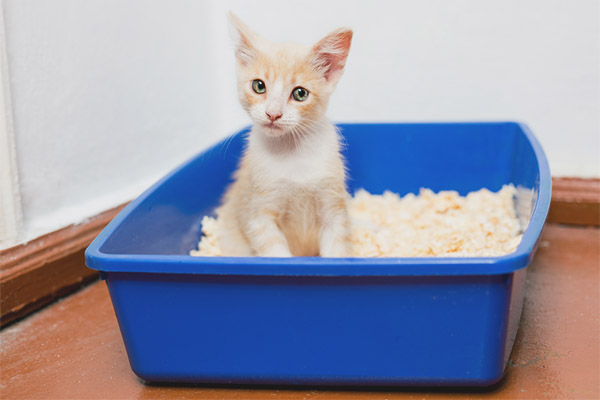


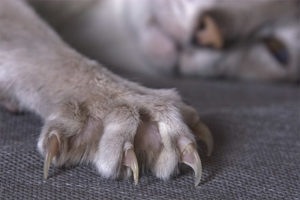
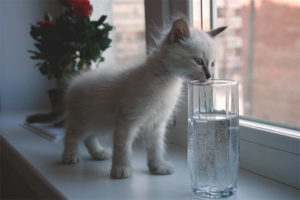
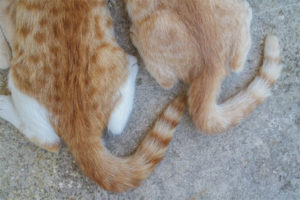
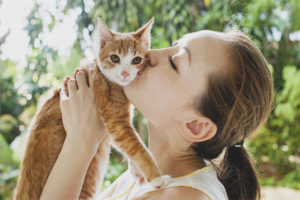
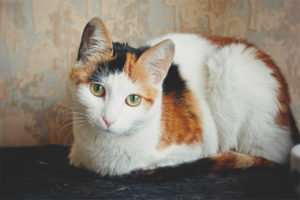
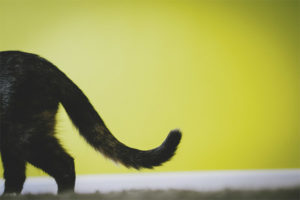
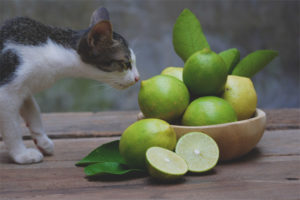
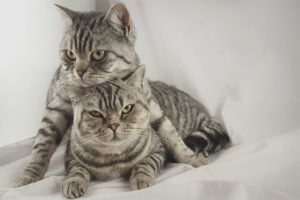
To send